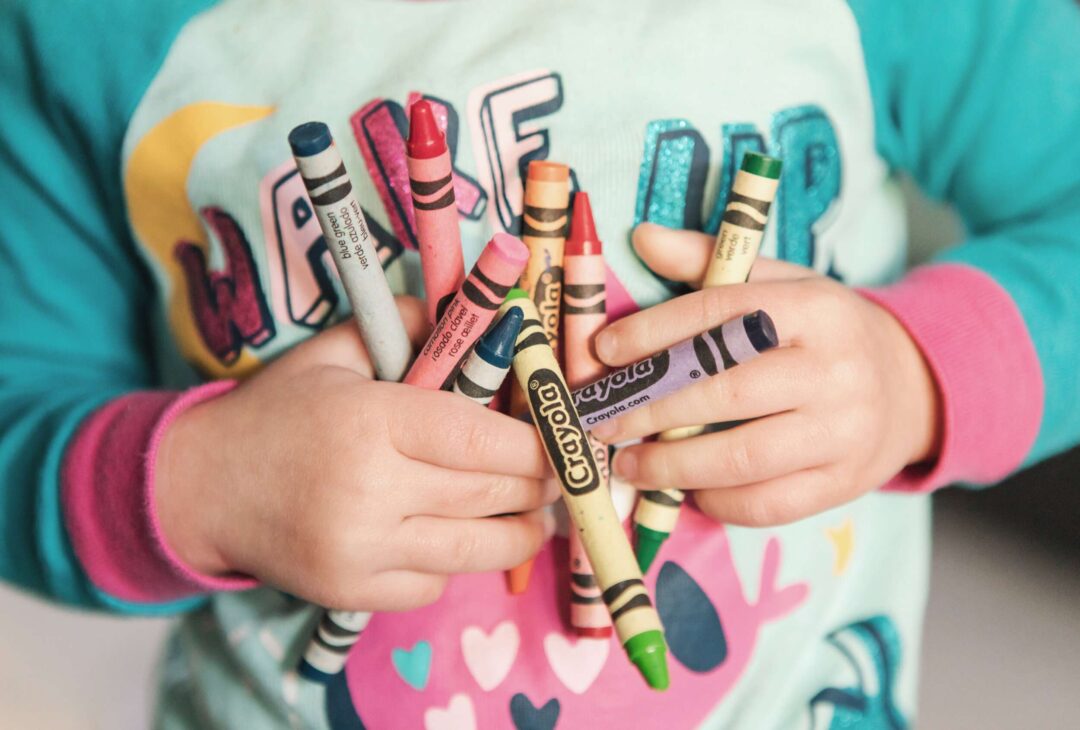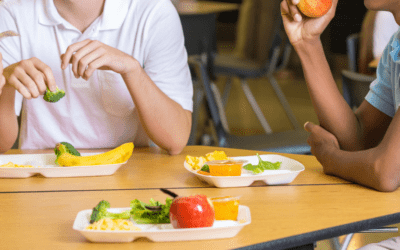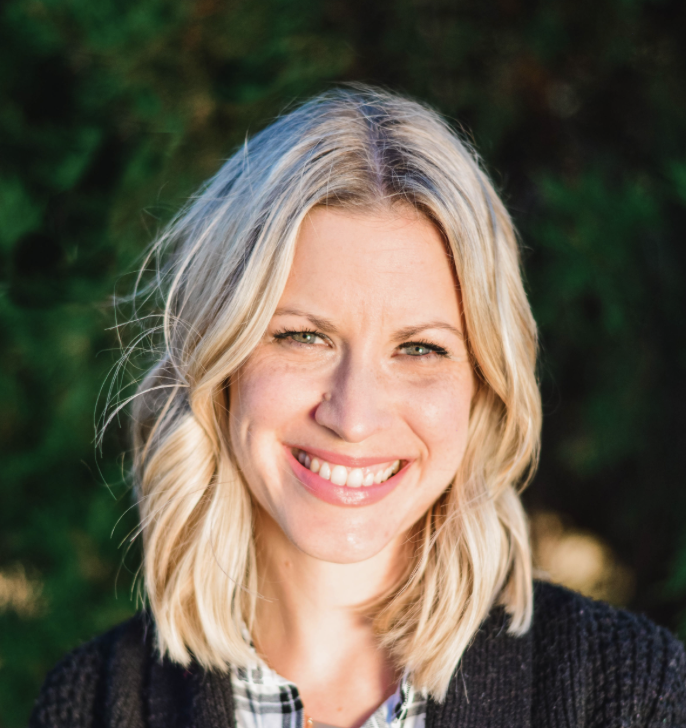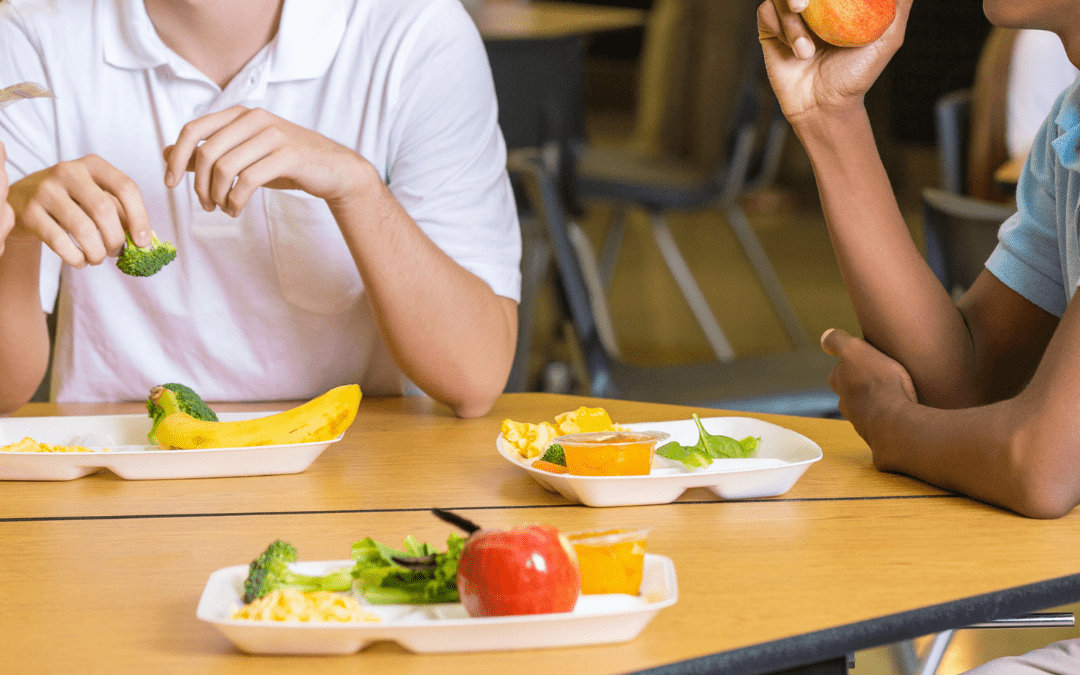“Kids don’t see color.” It’s a common phrase, isn’t it? Maybe it’s one you’ve heard before, or even said yourself. I’ll be the first to admit it—I’ve said it on numerous occasions. Despite all the racial tension in our nation, kids somehow make friends with anyone. Despite all the grief brought on by racism, kids often seem to cross those barriers with ease, leading us to believe that when they see a person, they don’t see the color of her skin. They just see a person.
Except, they actually do see color.
They see color all around them. They see that the sky is blue. They see that the shirt a person is wearing is red. They see grass and call it green. They react in wonder at the bright orange of a beautiful sunset. They see a person walking down the street, and they mention the color of his or her skin.
Kids observe differences all around them, from the shape of clouds to the ethnicities of their classmates at school. They are little sponges, taking in the world around them—diversity and all.
What I think people mean when they say, “Kids don’t see color” is that kids don’t innately place value on color. By their very makeup, kids are incredibly observant, so they notice all kinds of things. But they don’t initially isolate based on those distinctions. They don’t innately place value on the people they come in contact with or the kids they choose to befriend. But they will comment on the differences they see. My kids will play with all kinds of kids who are different than them, but they will also make observations about those kids as well.
I say “innately” because it is an important qualification in this conversation about kids and race. Kids are incredibly observant, but they are also incredibly sinful, just like adults. They may play with any kid without distinction, but they also may grow uncomfortable when a kid looks different than them. They may not place value on color at first, but as they grow their sinful heart may cause them to begin to isolate from those who are not like them, ultimately leading them to value one ethnicity over another.
Parents play a crucial role in shaping this type of behavior and whether or not a child ends up creating a sinful value structure based on the color of skin. Kids may not start out with a set of biases, but they are influenced and shaped by the culture into which they are born. A child moves from not placing value on color to placing value on color in large part because of the environment in which they live. If a parent silences the child for making benign observations about skin color (like he makes benign observations about the color of his friend’s shirt), the child will quickly learn that there is something wrong with speaking honestly about what he or she sees. He or she will learn that to make these observations is to place value on them, even if that was not the initial intent. As parents, it can be really startling to hear our child make observations about skin color. But we have to remember they are experiencing the world for the first time, so when they see something they haven’t seen before they want to talk to you about it. It is a parent’s job to be a safe place for that dialogue. When our kids make observations about differences they see, in our home we remind them that there are observations we make at home and observations we make in public. We want them to see that talking about what they see and experience is always safe at home but not always safe (or loving) to make in public.
But none of this deals with the more insidious nature of how these observations move from benign to biased in the mind of a child. At the beginning, I said that children don’t innately place value on skin color. But that is a short-lived reality when the home they live in fails to speak intentionally about God’s plan for diversity. Children are sponges in observing what they see and sponges in observing what they hear. Some of the most heinous acts of verbal racist attacks have come on the playground. Why? Because a child heard it first at home. The sin of racism is as generational as it is systemic. The only way the cycle breaks is by mom and dad saying, “Not in our home.” For every time we say that kids don’t see color, there are countless other friends of color who have a story that says, “That kid at school saw the color of my skin and hated me for it.”
Perhaps we would be better served in our external conversation about race if we stopped saying, “Kids don’t see color.” It’s not entirely true and it doesn’t help us celebrate the beauty of God’s purposes in diversity. Instead, we are better served by learning from the children in our lives. They see color. They appreciate it. They don’t innately place value on it. Let’s work to both model their acceptance and keep it as well.
Prayer Requests:
- Pray for the children in your life to see their observations of diversity around them as a beautiful picture of God’s design for his image bearers.
- Pray for parents to lead their children well in resisting the sinful urge to place value on these differences.
- Pray that the cycle of generational racism would be broken in families by the innocent observations of the next generation and the courageous shepherding of those in authority over them.












